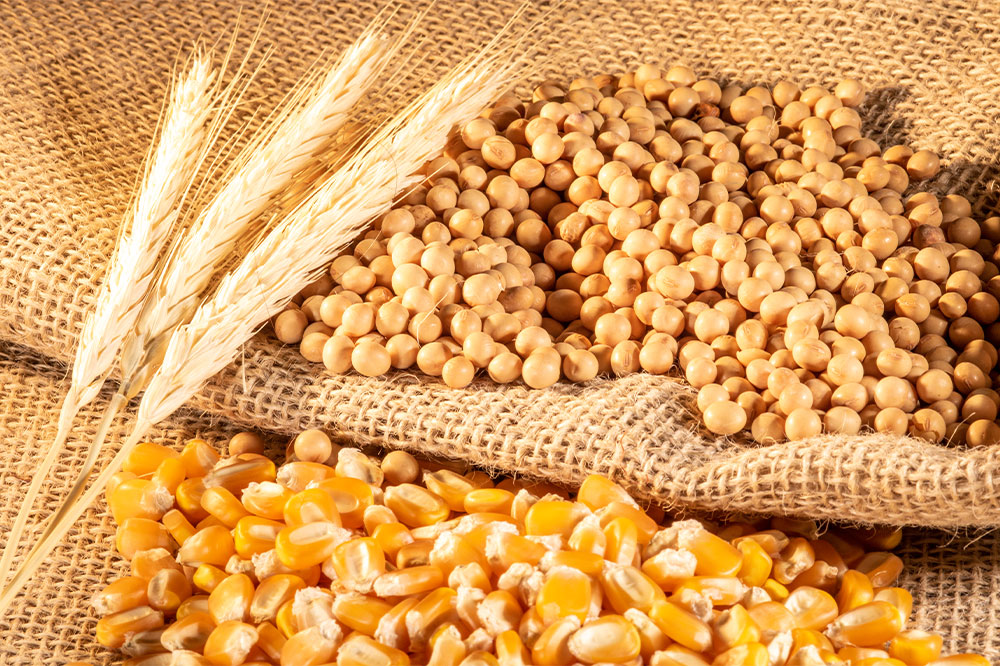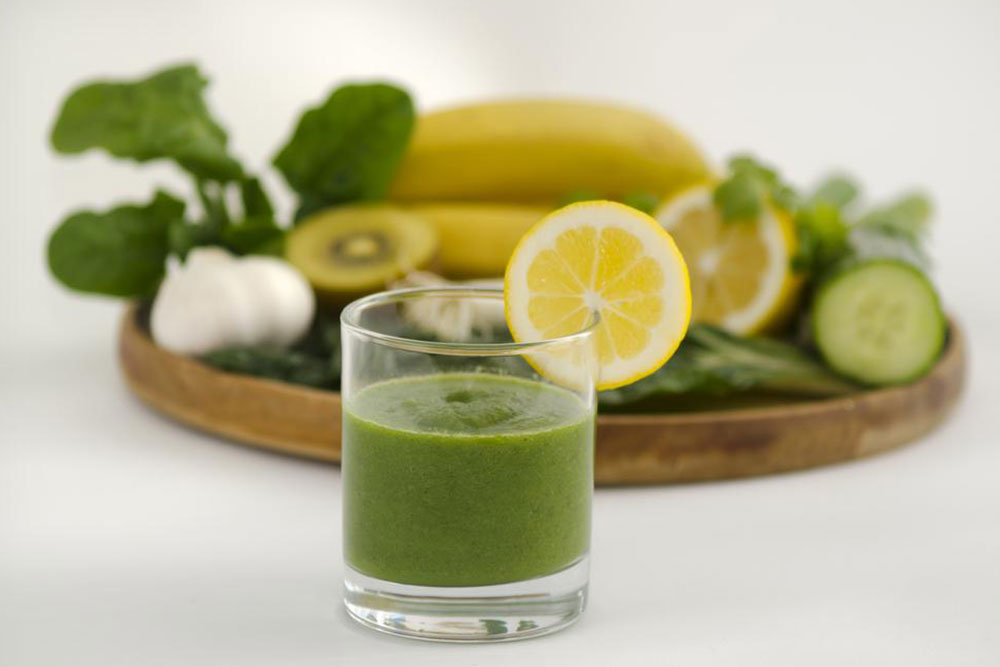Nutrition Strategies for Alleviating Joint Inflammation
Discover effective dietary strategies for managing inflammatory joint conditions. This article highlights the importance of omega-3-rich fish, nuts, fruits, vegetables, olive oil, and whole grains in reducing inflammation and alleviating joint pain. Adopting these nutritional tips can enhance quality of life and support joint health even without a cure for arthritis.

Nutrition Strategies for Alleviating Joint Inflammation
Guidance on diet for those with joint inflammation issues
Arthritis includes diverse joint disorders marked by discomfort and swelling. Known as inflammatory arthritis, this ongoing condition lacks a complete cure, making symptom control essential through medications, exercise, and dietary adjustments.
This article explores key nutritional tips for managing arthritis, emphasizing foods that may reduce pain and inflammation. Experts suggest specific dietary choices to help improve quality of life and alleviate symptoms.
Foods beneficial for managing inflammatory joint conditions include:
Fatty Fish
Loaded with omega-3 fatty acids, fish like salmon, tuna, sardines, and mackerel have anti-inflammatory properties. Health experts recommend consuming fish twice weekly to help reduce joint swelling, as omega-3s are linked to lower inflammatory markers like C-reactive protein.
For those who don't eat fish, omega-3 supplements are a convenient alternative.
Nuts and Seeds
Adding nuts and seeds to your diet supplies healthy fats and vitamin B6, which help fight inflammation. Studies associate higher consumption with reduced risk of inflammatory conditions, making them valuable for joint health. Examples include walnuts, almonds, pistachios, and pine nuts.
Fruits and Vegetables
Brightly colored fruits like cherries, berries, and citrus contain antioxidants such as anthocyanins and vitamin C, which decrease inflammation and support joint health. Leafy greens like spinach, kale, broccoli, and cabbage are high in vitamin K, contributing to their anti-inflammatory effects.
Olive Oil
Extra virgin olive oil, used in moderation, provides powerful anti-inflammatory benefits due to compounds like oleocanthal, which block COX enzymes similarly to some medications. Incorporating 2-3 tablespoons daily can help lessen joint swelling and discomfort.
Whole Grains and Legumes
Legumes and whole grains can lower C-reactive protein levels, reducing inflammation. These foods also support overall joint health and ease symptoms.
While arthritis remains incurable, adopting an anti-inflammatory diet can improve daily function, reduce pain, and boost well-being. Consistent dietary habits are vital for effective management of the condition.


